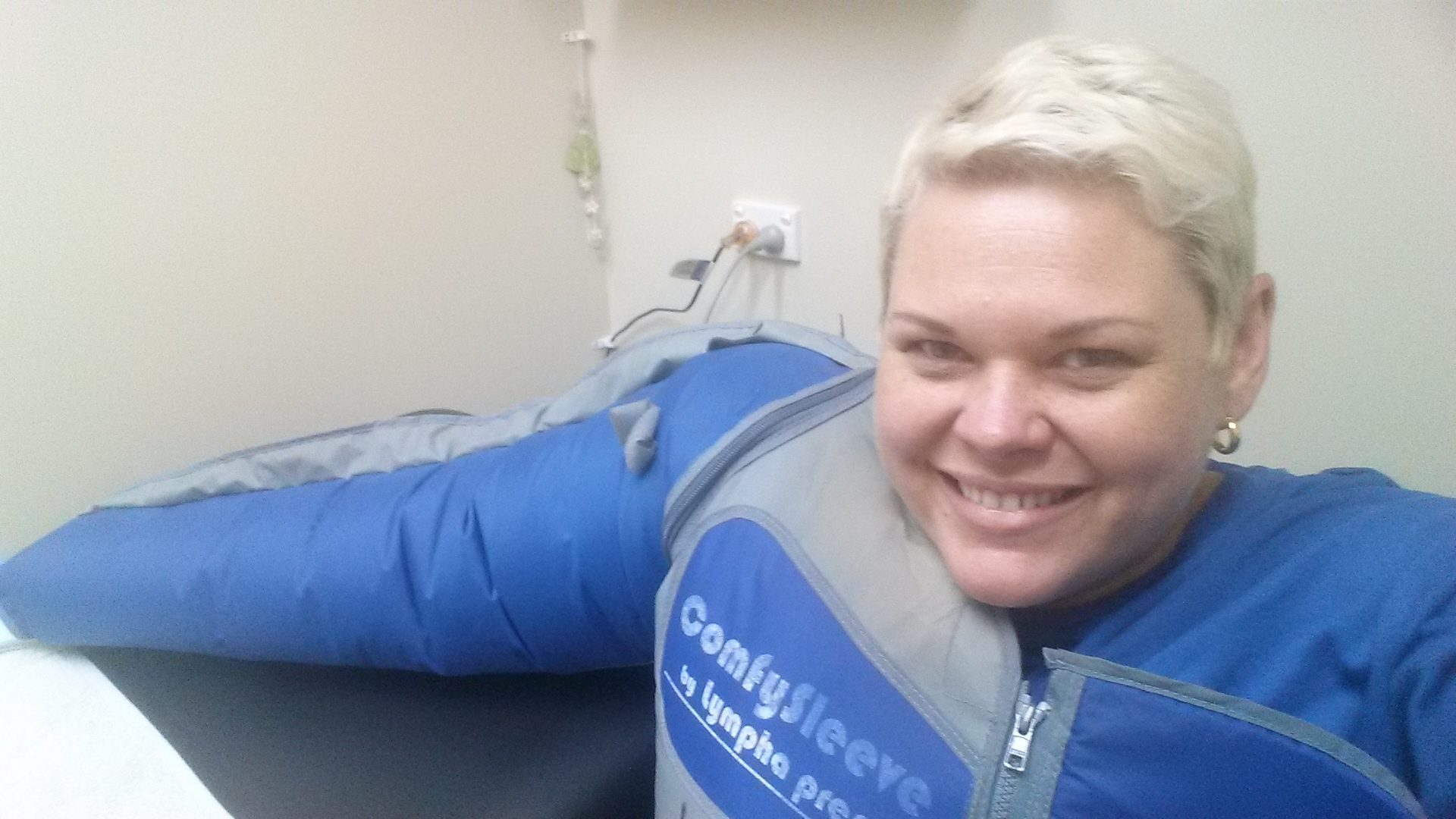
Living With Lymphoedema After Cancer
When you’re first diagnosed with breast cancer and told that your cancer has spread to your lymph nodes, there’s a lot of extra information to take in as there is the added complication in surgery of disrupting the nervous and the lymphatic systems. As your surgeon talks you through what is happening, you’re just trying to cope and deal with processing it all, therefore you let some of the information ‘go through to the keeper’ and you’ll deal with it later.
That was the case for me. I don’t remember being told certain things about my diagnosis or my treatment plan because it was just so overwhelming. Even now, I’ll say to my sister (who sat with me on my consultation), “I don’t remember being told that,” or, “They didn’t tell me that at the beginning.” She’ll say to me, “Yes, they did. I remember.” The risk of developing ‘lymphoedema’ in my arm after surgery due to having the lymph nodes removed and having to manage that for the rest of my life was one of those things that I let go ‘through to the keeper’ and to this day, I do not remember being told about it.
What I probably should do here is back pedal a little bit and explain exactly what lymphoedema is and what signs and symptoms someone should be looking out for after surgery….
There are two types of lymphoedema. Primary lymphoedema – a rare inherited condition in which lymph nodes are absent or don’t work properly; and Secondary lymphoedema – they type that occurs after surgery because the lymph nodes have been damaged or removed.
Basically, your lymph nodes are the fluid drainage system in your body. They are all around your body, particularly in the arm pit, the groin and the neck. They help to filter out and destroy harmful bacteria and help the body protect from infection. The lymph nodes have certain ‘pathways’ through the body with which they move the fluid around and the body commits these pathways to memory.
Certain types of surgery, particular breast cancer surgery, can permanently disrupt these pathways as the lymph node may have been removed or damaged. Therefore swelling can occur (‘lymphoedema’) as the body is used to carrying the fluid via a particular route which is no longer available. It’s like the fluid hits a dam wall and backs up (hence causing swelling). To get it flowing again, you have to teach the body to find other pathways. This can take the body some time to get used to and to remember.
Lymphoedema usually develops slowly but not everyone develops it. It can take months or years after treatment to appear and you are often managing it or treating it for many years after you have gone into recovery (or even the rest of your life). It is not the same as the swelling and pain that follows immediately after surgery or radiation therapy. Nor is it the same as when one injures oneself.
This is the stuff they told me about and I couldn’t process it at the time.
For two years now I have been in recovery (yay for me!) and I am still managing the signs and symptoms.
One of the first things I tend to notice when my lymphatic system is not working right is that my arm will get really heavy and start to ache. Being a teacher, I really notice it when I go to write on the white board (I am right-handed and my cancer was on the right side). I’ve had times where it’s been so heavy – a bit like a dead arm – that I have to stop writing on the board and type it on the laptop then use the data projector to project it up on the wall for the kids to see it.
Sometimes I notice it when I’m putting on a shirt and feeling that the sleeve is tighter than usual. It makes it difficult to put the shirt on or to reach for things without the shirt pulling. I then know that my arm has swollen.
I’ve had the odd occasion where I’ve woken up on the middle of the night and my arm would be aching or even my breast and the upper rib area directly under my breast. Another time my arm aches is when I’m driving long distances and you are in that one static position for long periods of time. Then I can have times where my chest, collar bone area, shoulder and my upper back feel tight/have tension and a little pain.
I have also noticed as time goes on that there are certain times when my arm flares up. Mine particularly flares up around report card writing time with the increased computer work and less moving around (Thought… I wonder if I told my boss I’m ‘allergic’ to report cards, I could get out of writing them?? Ha ha). Then it takes me a couple of months to reduce the symptoms and get it back to my ‘normal’. My new ‘normal’ that is. My lymphatic system will never be the same as it was pre-cancer, therefore my right arm will now always be a tiny little bit bigger than my left in circumference.
If you look closely, especially around the bottom of the elbows, you will see the different size of my right arm to my left arm. My right arm is slightly larger permanently due to cancer surgery disturbing the lymphatic system.
Eventually, you get very attuned as to what signs to look for in your own body. Most of these symptoms come and go. But what exactly do I do about it?
Sadly, there is no cure for lymphoedema, but it can be very successfully managed. The aim of management is to reduce and control the swelling, improve the range of movement and prevent infections.
The first thing I do is make sure I am wearing my compression sleeve. This is a wrist-to-shoulder, skin coloured, tightly fighting elastic garment. It helps by moving on the fluid out of the affected area. I wear mine every weekday through the day as this is when I have most mobility. I don’t wear it at night or on the weekends (my arm needs a break, particularly in the inner elbow region during the summer time. It can get itchy and irritating in the heat). I also wear my garment when flying or driving long distance and don’t take it off for a few hours after I have reached my destination so that my body has had time to adjust.
If my symptoms are causing me any sort of pain, I jump on the phone to my physiotherapist and book in for a manual lymphatic drainage (MLD) massage. This is a special form of massage of the affected area that get the lymphatic vessels working properly again and moves the fluid on. If you need this, PLEASE make sure you only have it performed by a qualified lymphoedema practitioner so that it is being completed correctly. Do NOT go to any sort of masseuse. If someone doesn’t know what they are doing, they can have a detrimental rather than a beneficial effect.
I also book in at my physio to have an MLD done by a pneumatic pump. This is where you wear a multi-chambered garment and a machine inflates and deflates through different cycles and pressures. It simulates the MLD completed by a human. If doing this, always make sure you do this under physio or a practitioner’s supervision, otherwise again, it may be detrimental. I always respond very well to an hour on the pump. It really softens things up and gets the fluid moving for me.
Hooked up to the pneumatic pump.
Special limb exercises and elevation sometimes help and are easy to do at home. Daily attention to skin care and general exercise are also easy things to do to help long term management. I also avoid certain things like getting sunburn or cuts to the affected area, avoiding hot baths, spas and saunas, and I keep an eye out for any temperature or if my arm becomes red and warm or swells quickly. These may indicate I have an infection and I need antibiotics (thankfully, that hasn’t happened to me – touch wood).
So that’s what it’s been like for me living with lymphedema after surviving my breast cancer. It’s a life-long management process that is adjusted up or down depending on the severity of the symptoms. I don’t like it. But I’ve adapted (which took me a little while) and I would rather deal with this than still have cancer, having chemo or radiation, or worse!
Now, we’ve reached the end of my blog! Phew! I bet you feel a little like me in that surgeon’s consultation room and have let most of what you have read ‘go through to the keeper’. Ha ha. The good thing about this blog post is however, that you can come back and read this at any time that you want if you forget any of it. You don’t have to wait and discover it on your own. Most of it is here for you…. well…. from my perspective of living with it anyways. It may be completely different for you as your body is totally different and each cancer is very unique. I hope this blog has helped you in some way. I’d love to hear if it has in the comments below. Or maybe you have a question about living with lymphoedema that you’d like to ask. I will do my best to answer it. Just remember, I’m no expert. Your doctor is the best person for that. But I will answer it as best as I can.
Oh… and by the way…. it’s not uncommon for people to feel upset or embarrassed about lympohedema and the changes to their body either. If this should happen, please reach out to your doctor or physician. You may feel more comfortable talking to a family member, friend, counsellor or psychologist. Help is available. Just ask. You can also call The Cancer Council Helpline on 13 11 20.
Please remember….. Any cancer story portrayed on this blog site is a reflection on my cancer experiences only. Each cancer experience is uniquely different. My words do not reflect the thoughts and feelings of other cancer patients or survivors. They are in no way to be taken as medical advice. Should you have any concerns, please seek professional help as I am not a medical practitioner.

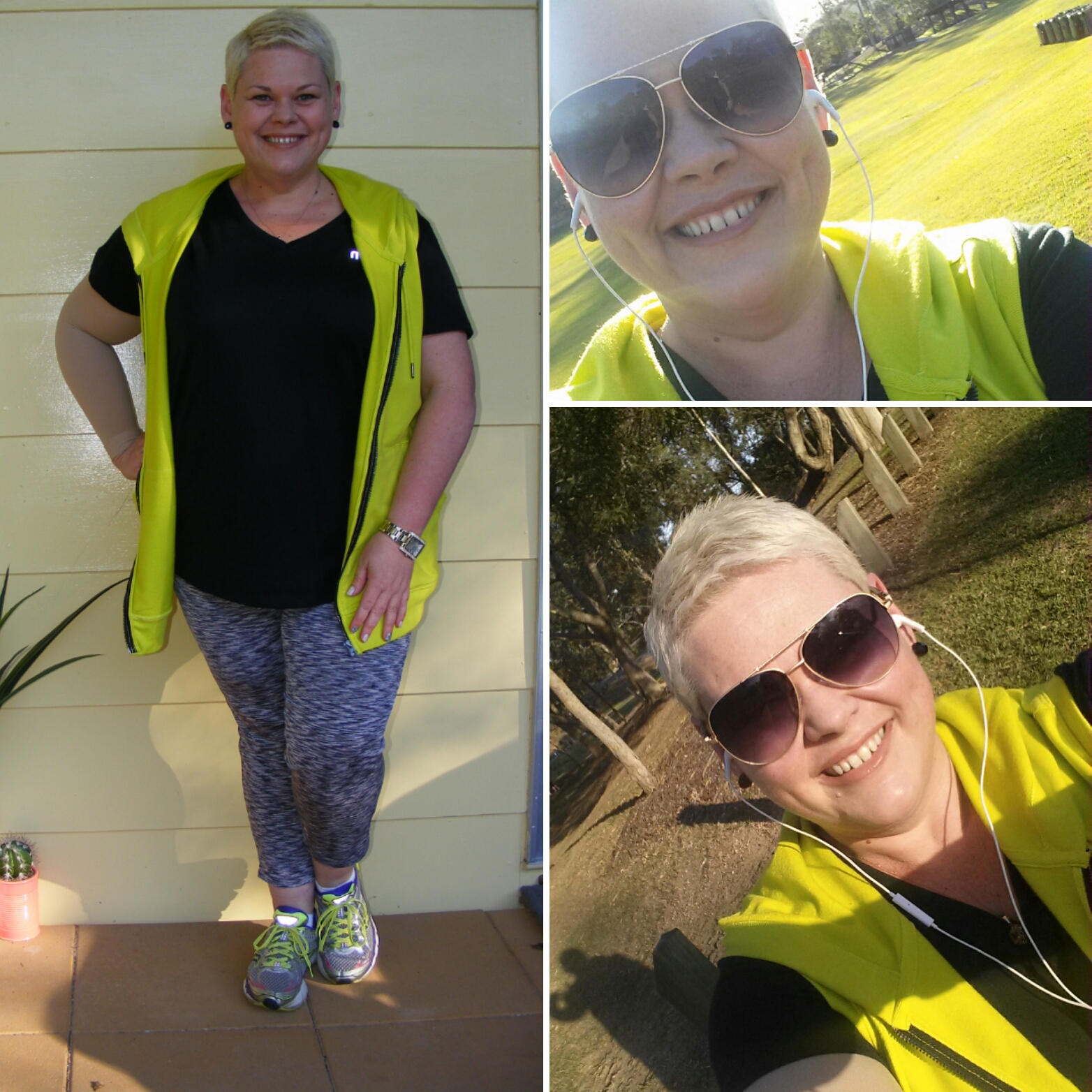


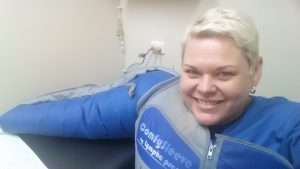
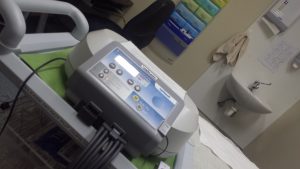


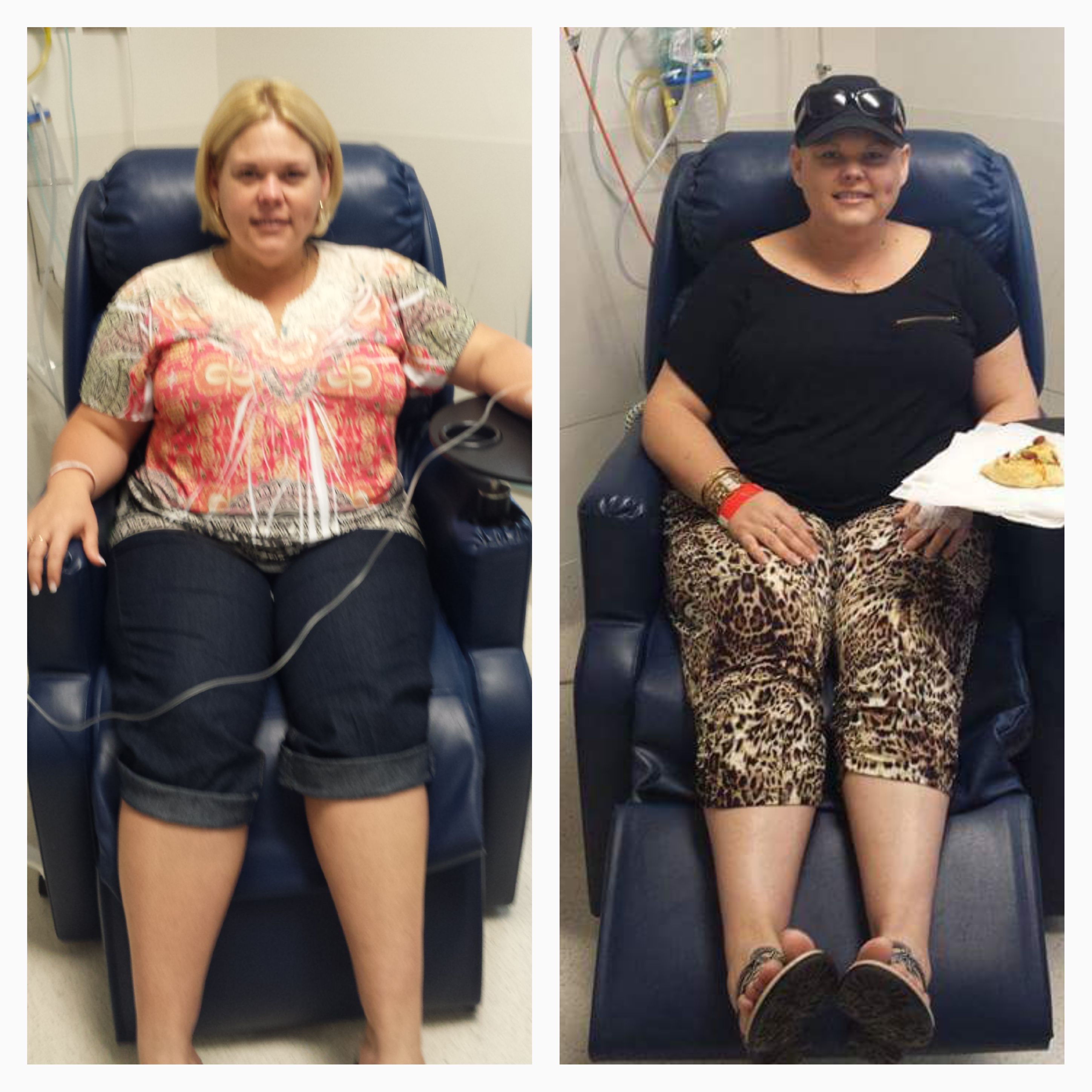
2 Comments
Nev
Our Brain will always protect us by sending some through to the Keeper in a time of overload and thankfully it does, our Brain is our defence mechanism. Keep fighting the good fight Trina you are one of my Heroes. Love you always girl. 🙂 xxx
admin
Oh Swanny! What a beautiful thing to say! You have just made my day and put a spring in my step. Love you right back, my friend. xxx
You are right though… our brains and our bodies are wondrous things. It’s amazing what they are capable of and how their defence and repair systems work.